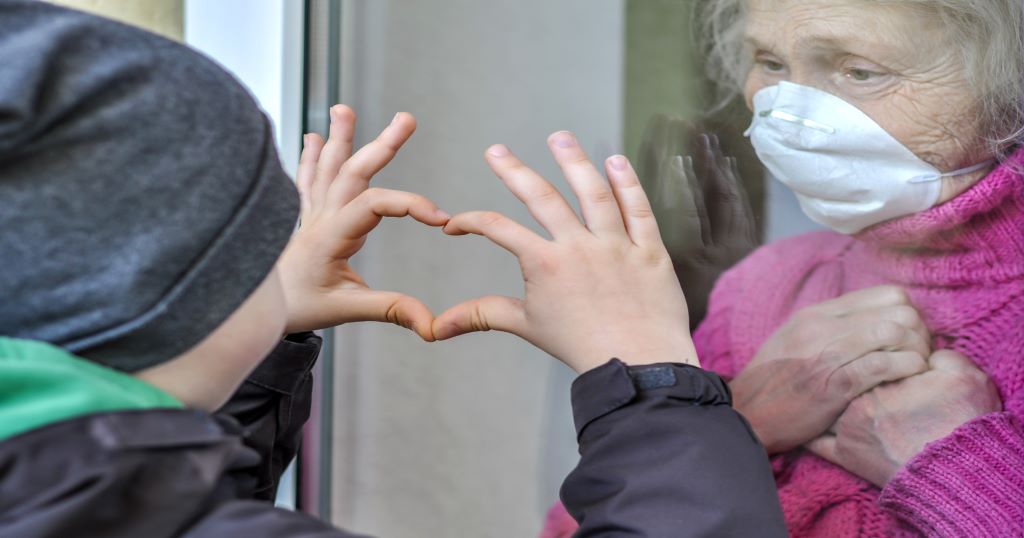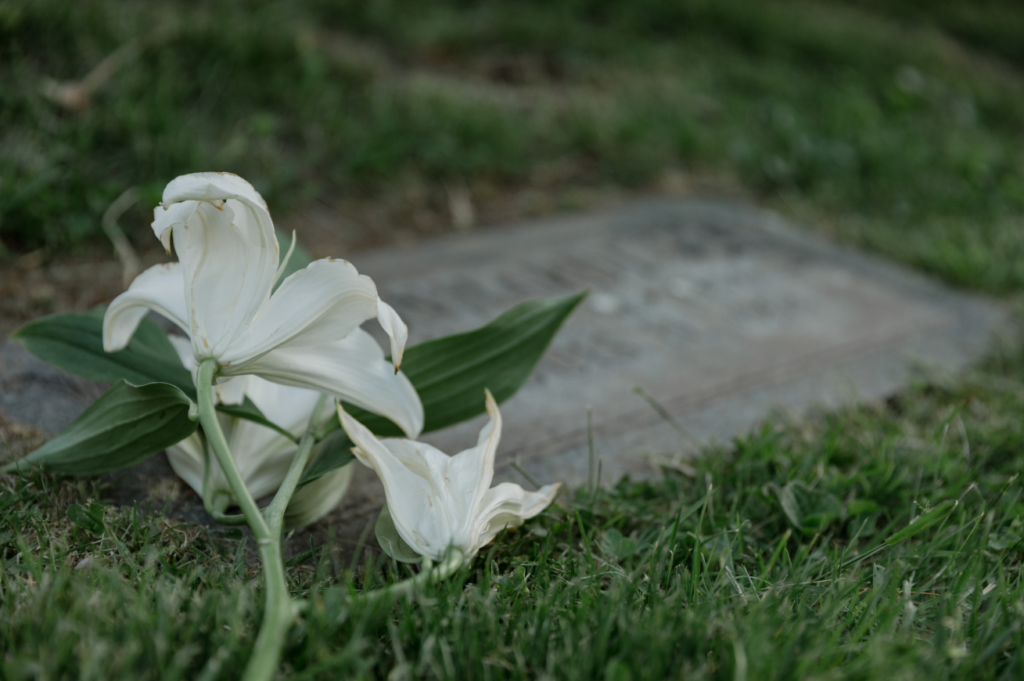
You are not alone: Providing hope for seniors in midst of isolation

In this pandemic, we are all experiencing amplified feelings of loneliness and isolation, but these experiences are, perhaps, felt most acutely by senior citizens— a highly vulnerable group that has been advised to stay at home and out of harm’s way because they are particularly susceptible to COVID-19.
With many senior centers closed and organized outings cancelled, seniors have often been left without their friends, family, or each other. It seems as if their usual social supports vanished overnight, and what remains is a palpable sense of being alone.
While social distancing is protecting seniors from the perils of catching the COVID-19 virus, it’s increasing the dangers of isolation and loneliness. This extraordinary isolation threatens seniors’ health and well-being on physical, mental, and emotional levels. It’s having a dramatic impact on their overall quality of life, and its dangerous effects— which can easily snowball— should not be underestimated.
The Heartbreaking Effects of COVID
As long-time experts in senior care and living, Catholic Social Services (CSS) offers Senior Services— a suite of seven programs— designed to help seniors stay as independent as possible, for as long as possible, so that they may age with grace and comfort. Our services range from money management to companionship to transportation assistance. Together, our programs provide seniors with connection to critical resources and to others.
But our usual work with seniors has been disrupted and made exponentially more difficult with the unique demands of the pandemic. Every day, CSS is seeing the heartbreaking, real world effects of COVID in our interactions with seniors. With so many local seniors unable to participate in normal activities and lacking in necessary support and socialization, the portrait of their struggle can take many forms:
- It’s June, an elderly woman who’s always taken public transportation, but now is scared to take the bus, fearing she might catch a life-threatening disease. Consequently, she skips picking up her needed prescription.
- It’s Tom, an elderly gentleman who became so despondent that he decided to discontinue his dialysis and passed shortly thereafter.
- It’s Rhonda, who shares that most days she no longer bothers to get her mail, to get out of her pajamas, or even to bathe. “What’s the point?” she asks as she spends a tenth consecutive day in bed.
- It’s Robert, whose depression is leading to increasing cognitive decline overall as he struggles to remember things as simple as his granddaughter’s name or what he ate for dinner last night.
- It’s Sandy, who had just been prescribed a new medication by her doctor when the pandemic broke out, and the new medication— a diuretic— was having immediate effect on her. She’d run out of toilet paper, and by the time she was able to get to the store, there was not a single package of toilet paper left to purchase. She didn’t feel well. She was scared to be in a public place where she could be exposed to the virus, and she simply no longer had the stamina to engage in a hunt across multiple stores. She hurried home, forced to make do with what she could for days.
These kinds of situations are what we are routinely seeing as the pandemic’s very real and severe impact continues to play out, every day, in our work with local seniors. A great majority of the impoverished seniors CSS serves already live a life in delicate balance, but clearly the pandemic has forced many of these vulnerable individuals into exacerbated situations that compromise their health, finances, wellness, and quality of life. What is always challenging in normal circumstances becomes a dire situation during COVID, with the profound effects of severe isolation becoming detrimental on many levels.
But there is hope.
At CSS, we want seniors to know they are not forgotten. They are not abandoned. They are not alone.
As we recognize the added strain on seniors’ lives, CSS remains committed to doing everything possible to alleviate the stress of COVID and the accompanying pain of isolation for our senior clients. While the COVID-19 pandemic is complex and multi-faceted, and while there may not be a simple solution to all of the challenges seniors face, CSS remains vigilant in exhausting every resource available to help seniors endure this unprecedented time. We continue to show up, and we act in service through programs like:
- Foster Grandparent
- Money Management
- Payee Program
- Senior Companion
- Services Coordination
- Supportive Services
- Transportation Services
While these programs have long provided a local safety net for low-income seniors, we know the current moment calls CSS to go above and beyond in assisting these clients who are suffering in greater isolation than ever before.
Throughout the pandemic, CSS has adapted our processes and protocols to ensure the safest interactions and delivery of service. We have formalized COVID-specific safety procedures and published them on our website to reassure clients and their families that we are taking precautions and keeping their safety top of mind. Every day, CSS social workers are faithfully calling senior clients, providing bright spots of conversation while checking on overall health and spirits. They are making additional boxed food and medicine deliveries. They are meeting seniors in their driveways to provide socially-distanced visits that offer human contact, care, and compassion.
CSS is even starting a new partnership with local schools, through which senior students in high school will be teaching our senior clients about technology – seniors helping seniors! In this time of increased reliance on interactive platforms like Facebook and Zoom, the program will be a wonderful way to ensure age does not prohibit anyone from experiencing the connective benefits of technology.
Through the sum of all these efforts, our senior clients know they can rely on visits from CSS staff and volunteers to help them cope with this span of enduring isolation. They don’t just have a safety net now; they have a friend in CSS.
Today, with newly-approved vaccines beginning to be administered, we know that in time gatherings will return. Bingo games, outings to the mall, visits from family— all these and more wait on the horizon. We are beginning to feel the hope and relief that the usual activities can soon resume and will begin rebuilding the social structure that helps keep us healthy and content late into life.
Until then, we must let our most vulnerable seniors know they are in our hearts and in our minds. Let us not make any single one of them feel they are an island unto themselves. Let us all take a moment to consider how we might confirm— in ways both tangible and spiritual— for each of the vulnerable seniors that CSS serves: you are not forgotten, you are not abandoned, you are not alone.








